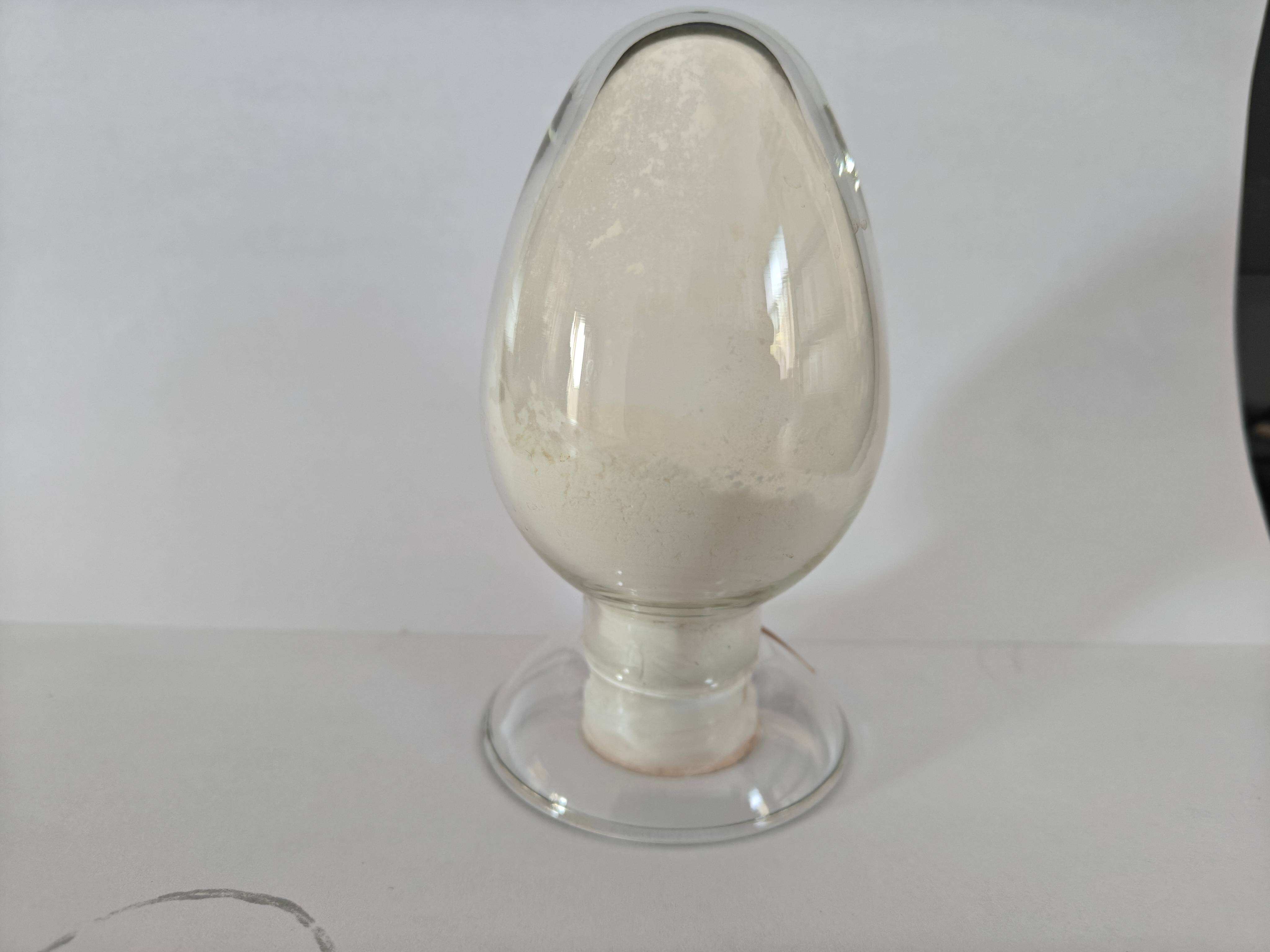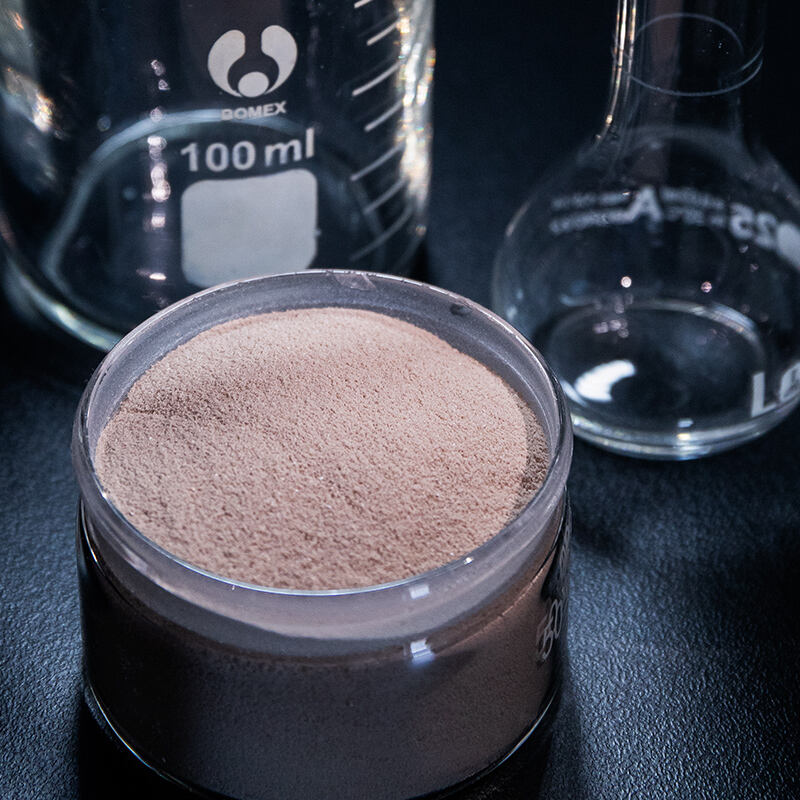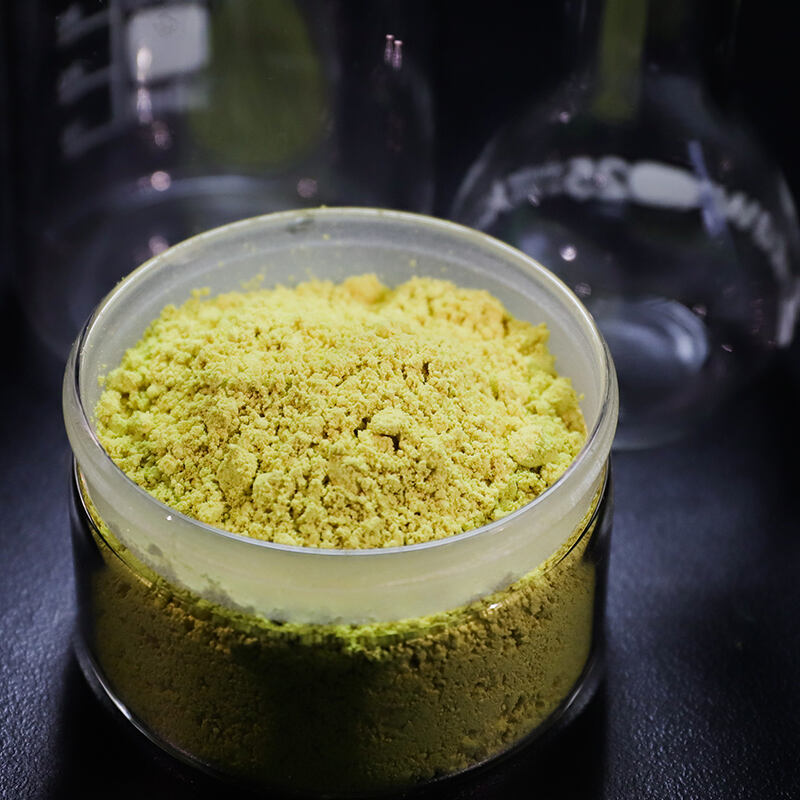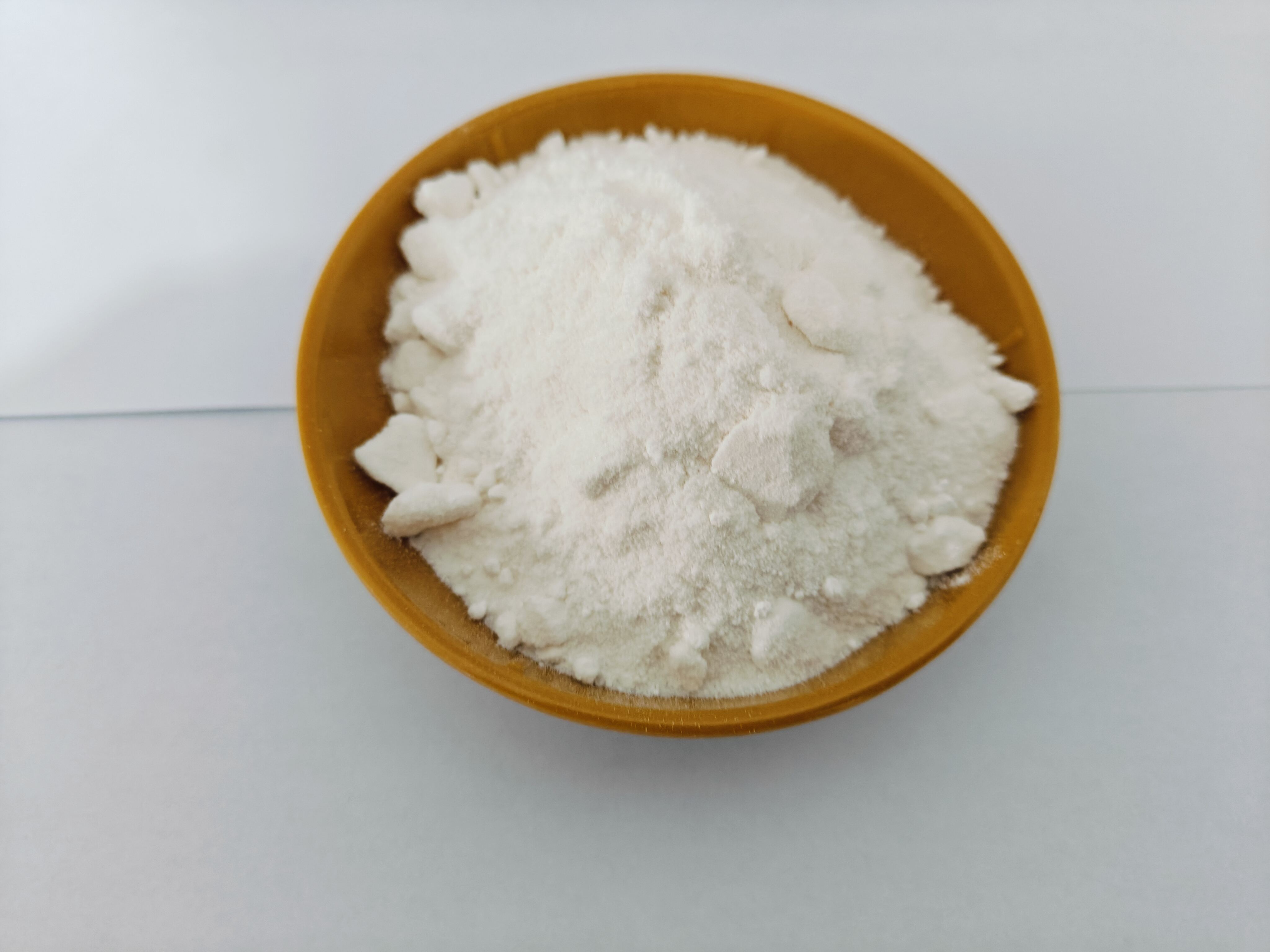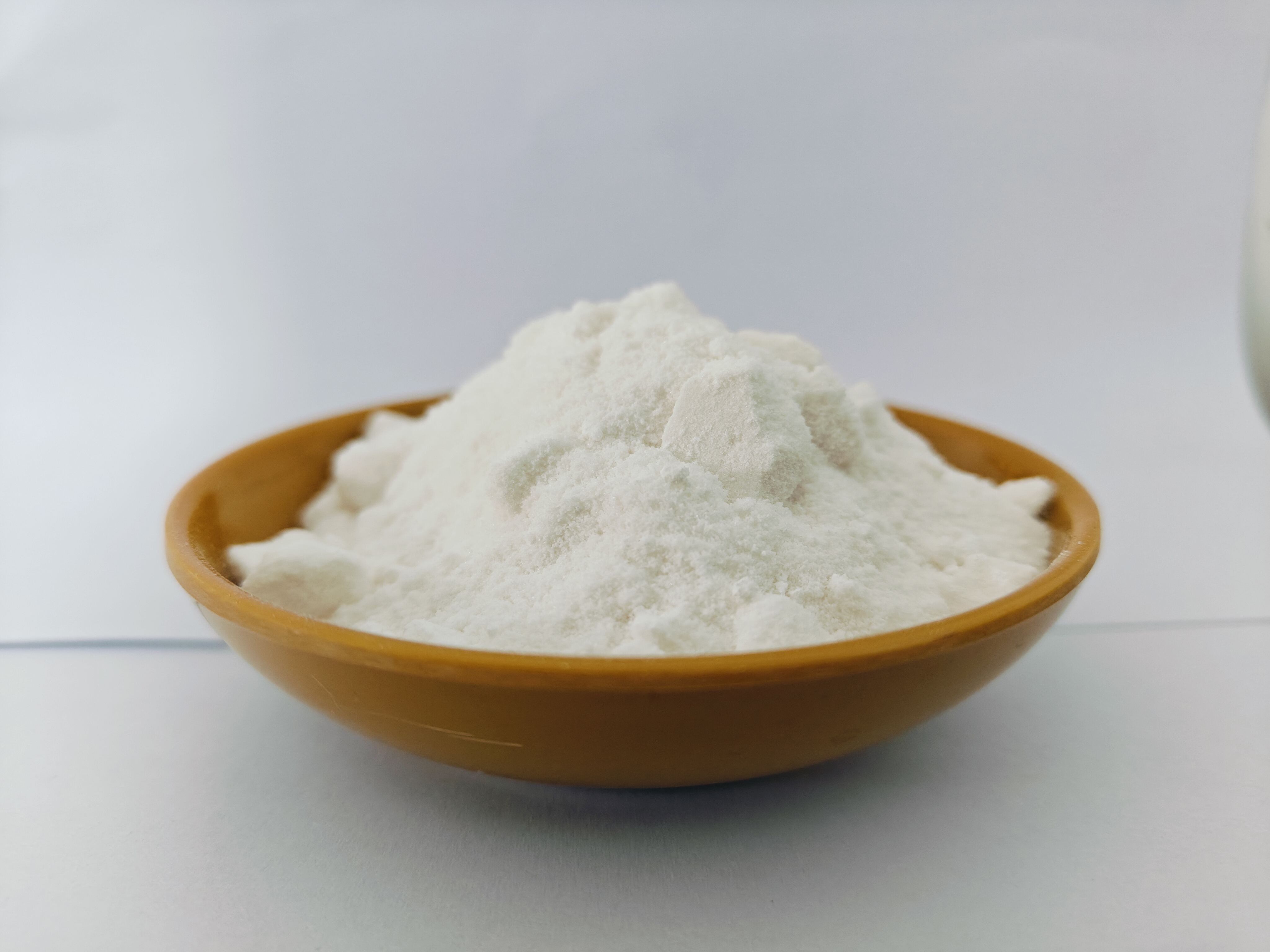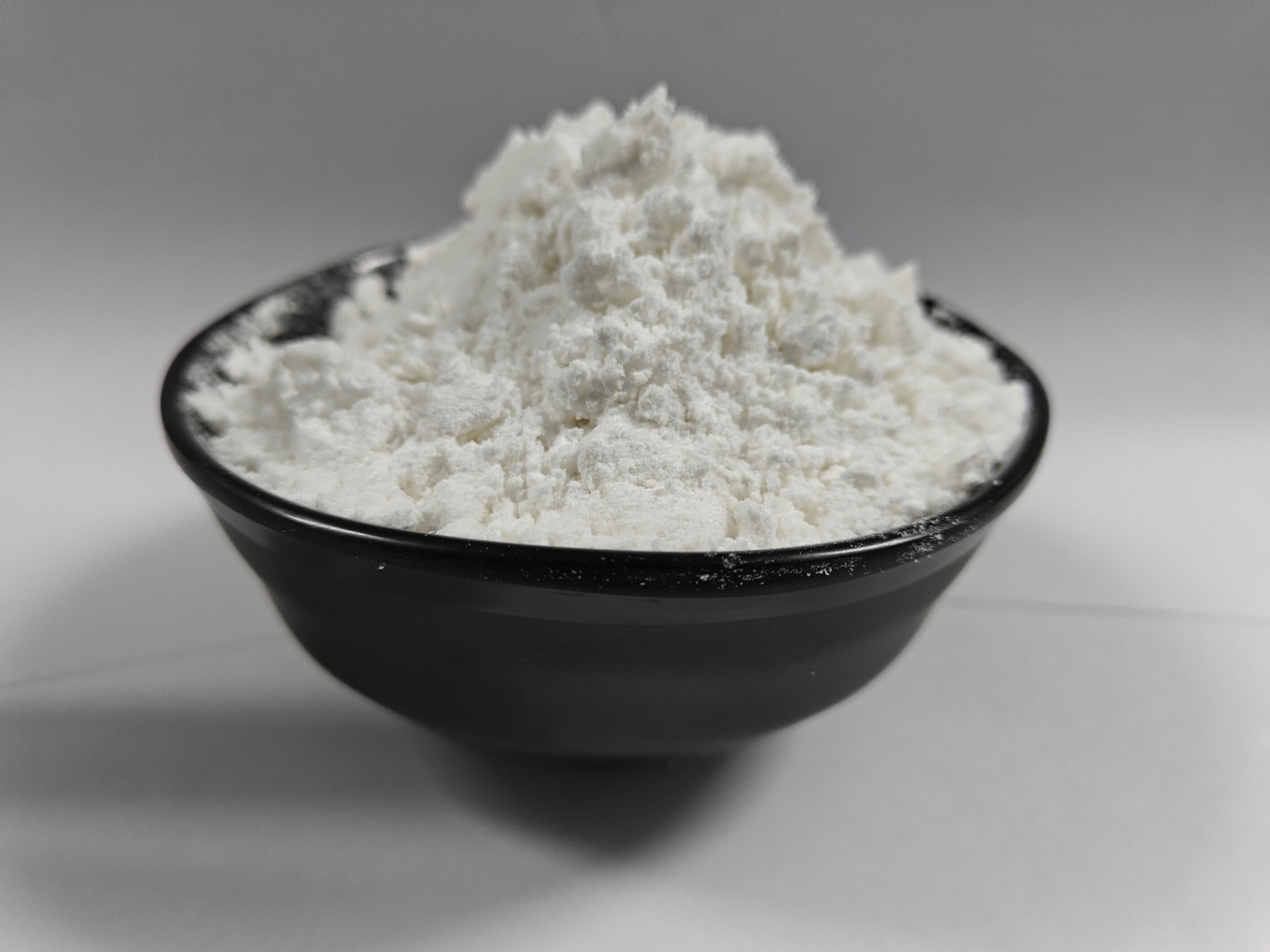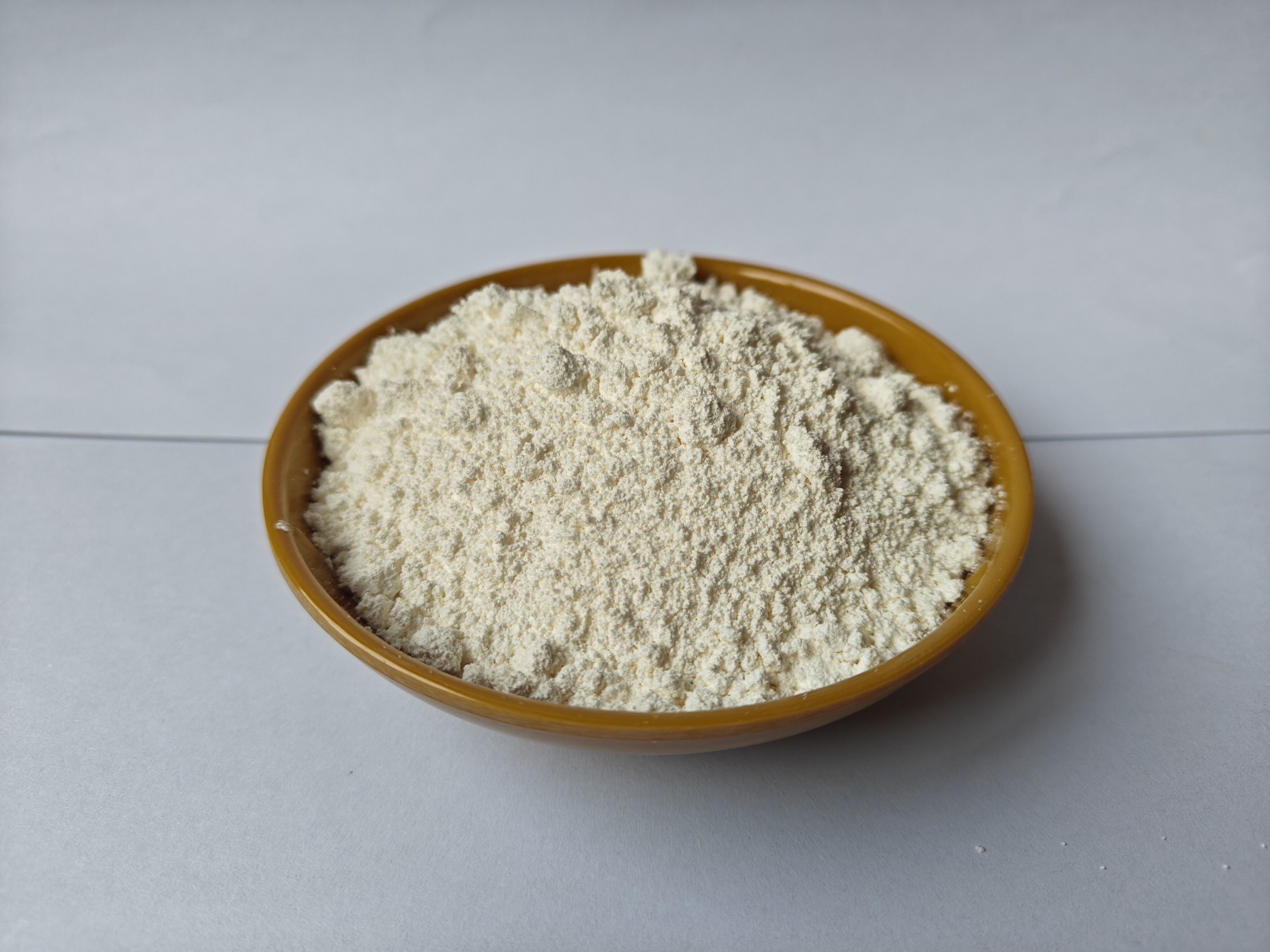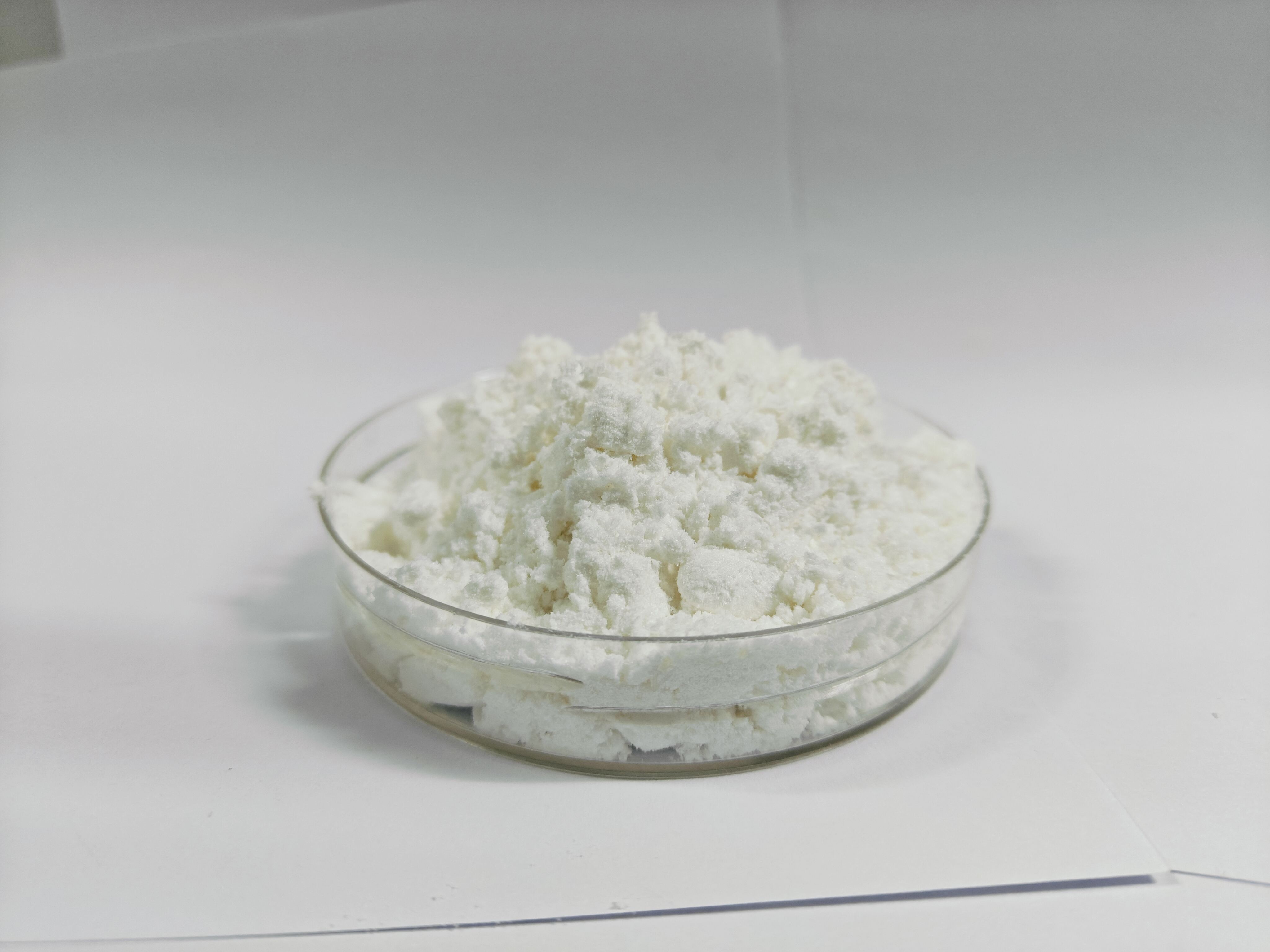cDI
A kapacitív visszavert gyújtó (CDI) rendszer forradalmi fejlesztést jelent a járműgyújtó technológia terén, alapvetően átalakítva azt, hogyan érik el a motorok a felégetést. Ez a bonyolult rendszer úgy működik, hogy elektricitást tárol egy kondenzátorban, és pontos időintervallumokon keresztül engedélkezik ki erős gyújtó villámok létrehozására. A CDI rendszer központjában több kulcsfontosságú komponens található, beleértve a töltőkört, az energia tárolására szolgáló kondenzátort, a váltókört és a magasfeszültségű transzformátort. Amikor a motor fut, a töltőkör folyamatosan tölti fel a kondenzátort magas feszültségre, általában 300 és 400 volt között. A váltókör által küldött jelekre a tárolt energia gyorsan elengedésre kerül a gyújtó tekercszen keresztül, amely magasfeszültségű villámot hoz létre a gyújtógömbnél. A rendszer képessége erősebb villámok előállítására teszi különösen hatékonyvá a nagy teljesítményű motorokat és azokat a járműveket, amelyek magas RPM-eken működnek. A CDI rendszer széles körben alkalmazott különböző járműveken, a motorcyclerek és skuterek től a tengeri motorokig és zóna Járművekig, bizonyítva versenyképességét és megbízhatóságát különböző működési feltételek között.


